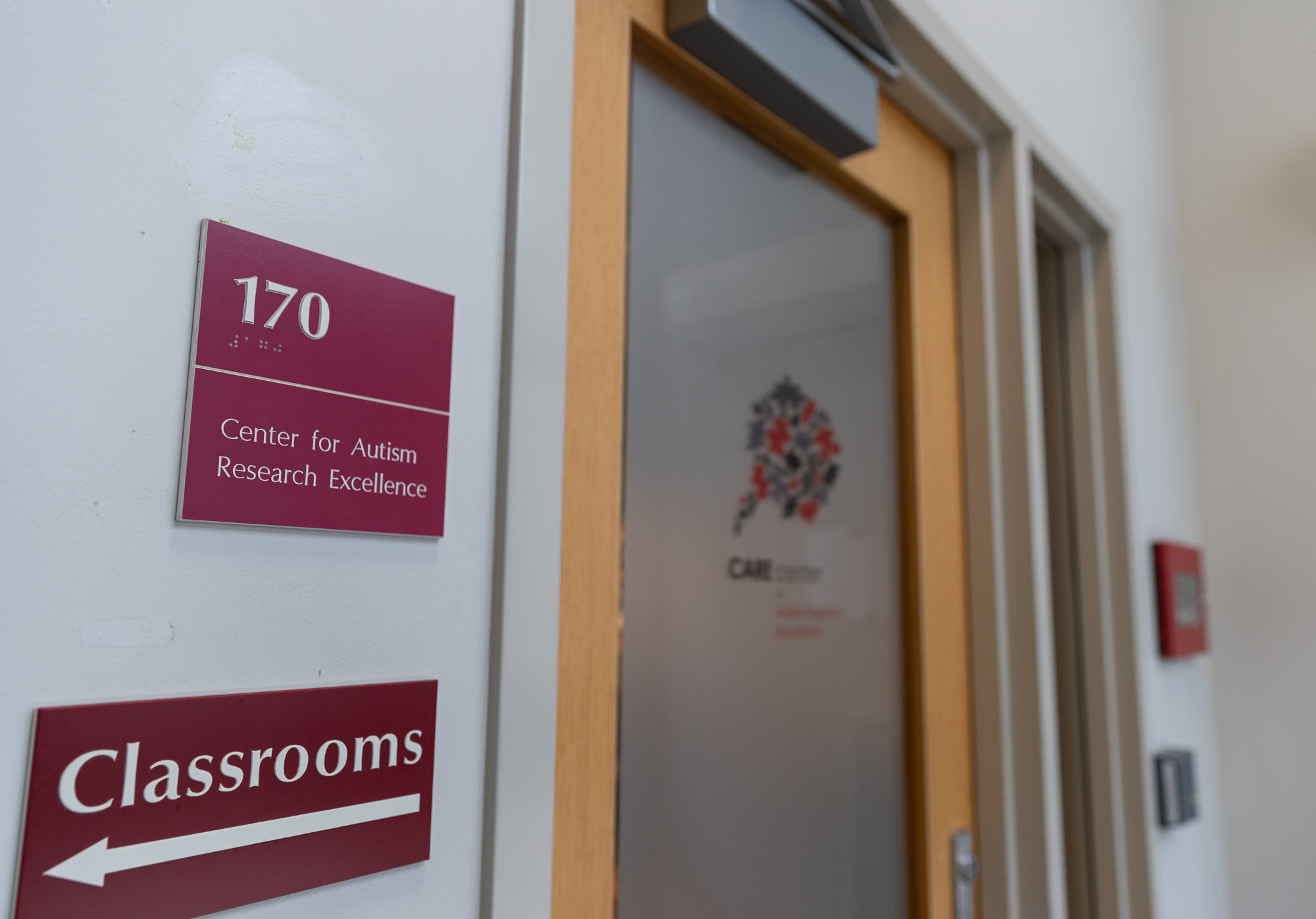Playing baseball, writing poetry, going out on dates — these are all activities that individuals with autism will “never be able to” partake in, said U.S. Health and Human Services Secretary Robert F. Kennedy Jr.

However, for many diagnosed with autism, this is nowhere near the truth, according to PolitiFact.
Autism Spectrum Disorders are a neurological and developmental disorder that affect how those with the disorder interact with others, communicate, learn and behave, according to the National Institutes of Health.
Autism encompasses a broad spectrum, making the severe challenges Kennedy mentions a minority case.
During his first press conference as HHS secretary April 11, Kennedy announced plans to launch a “massive testing and research effort” to determine the root cause of autism within five months. This announcement immediately raised concerns from numerous autism researchers across the country.
Helen Tager-Flusberg, professor emerita in Boston University’s Department of Psychology and Brain Sciences and director of BU’s Center for Autism Research Excellence, said Kennedy’s statements dismiss decades of past research.
In response, Tager-Flusberg founded the Coalition of Autism Scientists, a nationwide group of more than 250 leading experts — a number that continues to grow — in hopes of bringing this to Kennedy’s attention.
“We responded to these initial announcements by reminding the Secretary that the federal government has already invested many millions of dollars over the last three decades or more, all of which have contributed to great advances in our understanding of autism, including what the primary causes are and what some of the risk factors are,” Tager-Flusberg said.
The Coalition of Autism Scientists issued a statement April 25, urging HHS to focus on “established approaches” to autism research instead of conducting research based on Kennedy’s “false narrative.”
In recent years, autism diagnoses have increased, which Kennedy attributed to an “autism epidemic” caused by “environmental toxins.”
Karen Chenausky, assistant professor at Massachusetts General Hospital Institute of Health Professions and member of the CARE Lab, said Kennedy’s claim is “uneducated and false.”
Scientists look at different cell types and analyze their migration during development which are traced back to a “time in the womb,” said Chenausky. “Whatever is different between that autistic person and a typical person started very early on.”
She said this misinformation can lead people to seek treatments that are not evidence-based — some of which are “downright harmful.”
One of these treatments is called chelation therapy, rooted in the idea that children with autism have too much lead or mercury in their bodies.
“They’re given compounds that will pull the heavy metals out of their systems,” Chenausky said. “But, it also pulls other different kinds of chemicals out of their systems too, which can be a problem.”
Children have died from these types of therapies, she said.
Eric Rubenstein, assistant professor of epidemiology at BU’s School of Public Health, said if scientists try to incorporate Kennedy’s narrative into their research, it can result in “real misleading science.” He said there is “nothing new to be learned” because the causes of autism have already been identified.
“[HHS is] going to do all these studies that would show that bad prenatal exposures, like air pollution, certain medications, preterm birth [and] poor pregnancy outcomes, increase the risk for autism, but we already know that,” Rubenstein said. “And that’s if the science is done correct.”
Less than a month after Kennedy’s press conference, the NIH announced a partnership on May 7 with the Centers for Medicare & Medicaid Services to create a “real-world data platform,” aiming to determine the cause of autism by gathering information from insurance claims, electronic medical records and consumer wearables.
Tager-Flusberg said this announcement has already had a significant impact on those with autism.
“People are not showing up for their clinical appointments, because they don’t want to be included in this registry,” she said. “They do not feel confident that their identity will remain private [or] that all the safeguards for confidentiality would be in place.”
Rubenstein said he questions the ethics of using data from products like consumer wearables. Outside partners do not follow the strict protocols required for their clients’ information to be used in research, he said, which could “endanger” people’s right to privacy.
Chenausky said CARE ensures the protection of personal information within their existing research.
For instance, researchers use a numerical code to identify participants’ records, Chenausky said. For studies of children with autism, she said, they ask for parents’ consent before using images or videos of their child to advertise the study or to demonstrate a specific therapy.
However, despite these efforts, researchers remain worried about the safety of individuals with autism in the U.S.
“It’s very scary to see the federal government talk in this way and to sort of belittle and demean the lives of autistic people,” Rubenstein said. “There are some similarities to eugenics movements where they try to get rid of disabled people from the population.”
In spite of this, he said, the autistic population has received more support from society in recent years, showing substantial growth from how individuals with autism were treated over 10 years ago.
As the story “continues to unfold” in the next few years, Tager-Flusberg said it is society’s duty to continue following it.
She hopes the NIH director “will be persuaded not to invest their ever-shrinking dollars into studying debunked theories,” but rather be open to “new questions and address gaps” related to this complex disorder.
“I’m optimistic that, in the end, the right path will be taken,” she said.